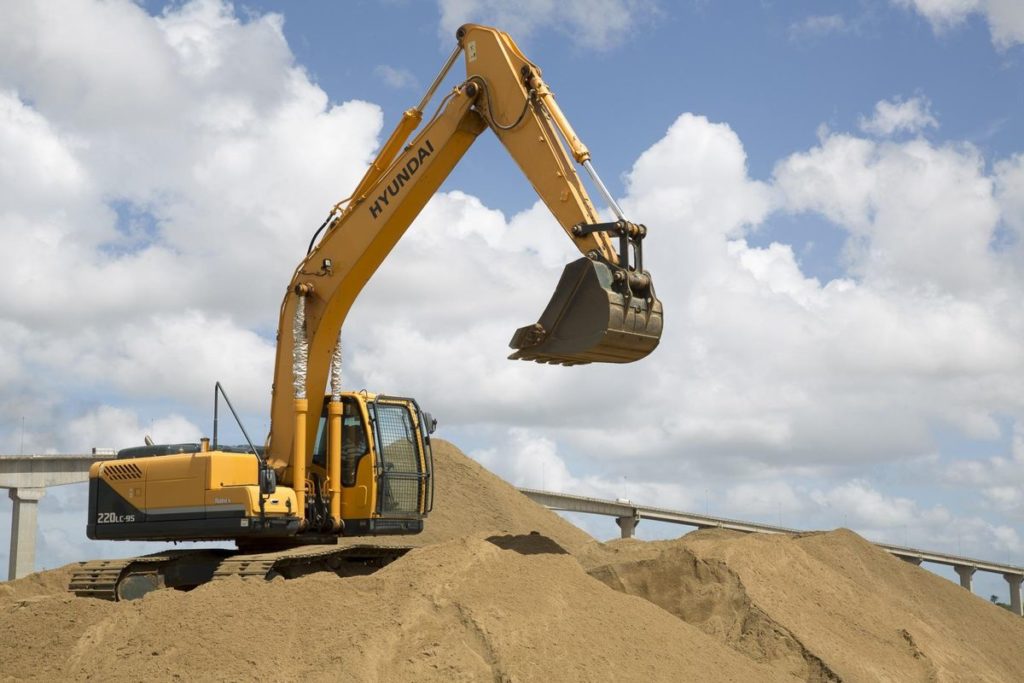[ad_1]

Diesel costs are pushing up construction prices.
Construction just keeps getting more expensive in the U.S. — and it won’t be getting cheaper anytime soon, the chief economist of Associated General Contractors of America warns.
Inflation is pushing up prices for materials including steel mill products, lumber and plywood, copper and brass shapes and other materials. But diesel prices are rising fast, which is of particular concern because of its widespread use in construction, from transporting goods to sites as well as on-site operation costs.
Overall inflation continues to climb, with the Bureau of Labor Statistics’ Consumer Price Index going up 8.5% in March. The jump is the highest since 1981, CBS News reported.
But inflation is pushing up costs for industries reliant on raw materials: the BLS’ Producer Price Index showed that the price of diesel had increased by 237% between April 2020 and February 2022, according to the AGC’s analysis.
The past month’s figures followed that pattern of dramatic increases, with highway diesel prices shooting up by 33% between Feb. 11 and March 11. On March 14, prices reached $5.25 per gallon.
“For more than two years, the U.S. construction industry has been buffeted by unprecedented increases in materials costs, supply-chain bottlenecks, and a tight labor market,” AGC chief economist Ken Simonson wrote in the association’s latest report. He also warned that Russia’s invasion of Ukraine has only added to existing problems. “As of now, there is no sign of when costs and availability will improve.”
Contractors’ bids haven’t risen fast enough to account for rising material costs. Bid prices are currently up by 17% compared to 12 months ago, but PPI material costs are up 21%.
Contractors saw a similar pattern during the Great Recession and in October 2016, taking between 25 and 26 months for the gap between construction costs and contractor bids to close in both instances. The current pain could continue for at least another 10 months, but will likely last longer, Construction Dive reported.
Diesel costs and material costs may remain high for some time, White House economic advisers said in a report Thursday, The New York Times reported. Supply chain vulnerabilities uncovered by the pandemic are likely to continue as climate change worsens, adding to disruptions and increasing costs.
And businesses may be less willing to swallow price increases as they continue. Retail giant Amazon is adding a 5% fuel and inflation surcharge for third-party sellers, Construction Dive reports, joining the likes of delivery specialists FedEx and UPS, which increased their own fuel surcharges earlier this year.
[ad_2]
Source link
